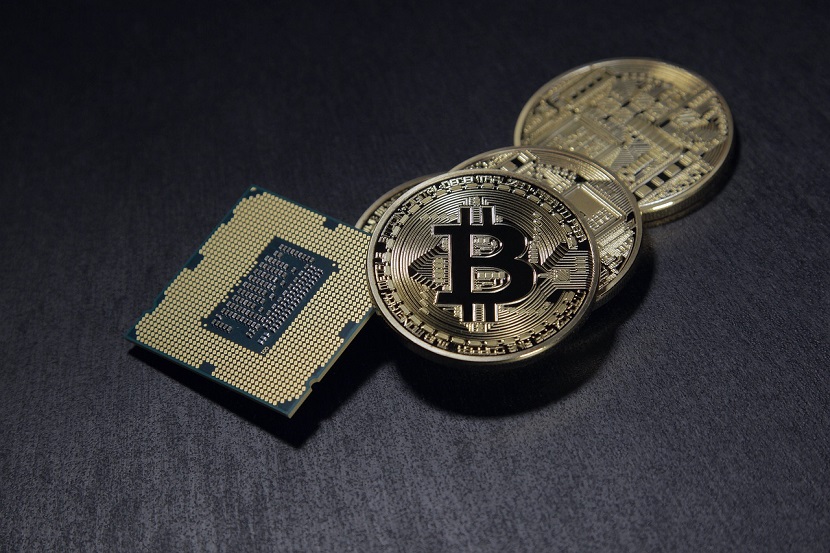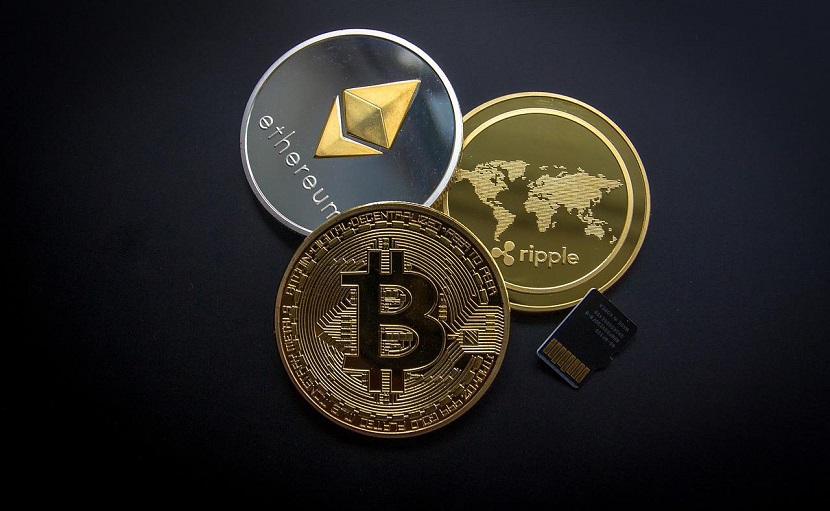As long as we’ve had houses, real estate has been a reliable investment. But owning, creating, or managing rental properties and flipping houses requires a sizable amount of funding, whether from a bank, another traditional lender, or a private investor. Investment funds have made it possible for small investors to take part in bigger initiatives while making a lesser investment in the overall commitment. Given the disruption of financial services by blockchain technology and its subsequent widespread adoption across industries, it is difficult to pinpoint a sector that hasn’t felt its effects. The presence of blockchain has had the chance to affect the real estate. Prior to now, only using digital means to transact high value assets like real estate was unusual.
In face-to-face contacts with many participants, offline real estate transactions usually occur. However, this could change thanks to the development of blockchain technology. Now that blockchain systems have smart contracts, it is possible to tokenize and exchange assets like real estate or cryptocurrencies , such as ether and bitcoin. The legal and financial procedures for purchasing and selling property have been onerous and drawn out up until recently. But as the Web3 era begins, a new option is upending the system, making such transactions safer, easier to track, and taking less time overall. Thanks to NFT smart contracts and remote meetings, you can purchase real estate in minutes rather than months . With a few clicks on a smartphone, you can secure investments. So, the question now is how will the new blockchain technology affect real estate?

Blockchain will affect markets and platforms
Connecting buyers and sellers and listing properties have historically been the primary objectives of real estate technology. Blockchain, on the other hand, will affect new opportunities for real estate dealing and can support trading platforms and online marketplaces in offering more comprehensive real estate transaction aid. For instance, ATLANT has developed a platform that uses blockchain technology to enable real estate and rental property transactions. Real estate can be tokenized and then traded online similarly to stocks on a stock exchange. By practically treating it like a stock sale, ATLANT enables sellers to tokenize assets and subsequently liquidate those assets on the platform through a token sale. The tokens can become fiat money with each buyer owning a share of the property.
The most recent property trading disruption is Web3 and NFTs
If you’re over 40, you’ve probably already accepted the cumbersome process of purchasing real estate, which necessitates extensive paper-based communications from banks, attorneys, agents, and many other intermediaries to validate every stage of finance and registration, from funding approval to signing the papers. Why not a house when you can purchase your groceries, vehicles, vacations, cryptocurrency, art investments, even a virtual parcel of land in the Metaverse or a $8 million Lamborghini, with only a few clicks? This new generation of investors might soon get their wish thanks to modern technology and how blockchain will affect real estate.

Real estate sales on the blockchain have already begun in the U.S.
In 2021, the first real estate transaction using blockchain technology was completed by Propy, a U.S. real estate platform that specializes in NFT and blockchain. Even though the company is still relatively young, it has made great strides in resolving legal teething issues and creating a workable system to outline how the new era of real estate sales and transfers will function. Since then, a number of other NFT-based (membership required) real estate auctions have taken place, several of which also make the historic claim. The third groundbreaking transaction in the world, according to Propy, was completed in less than 24 hours and involved a digital auction once the NFT had been created and its smart contract set up.

How will blockchain property transfer pilot affect the UK?
Years before these transactions, the HM Land Registry began using blockchain technology to speed up and safeguard transactions back in the UK. The company claims that in March 2019, a semi-detached house in Gillingham sold via conventional means in 22 weeks as opposed to the six weeks both buyer and seller had anticipated. HM Land Registry conducted a prototype sale using NFT technology over a group Zoom meeting, completing the same transaction in less than 10 minutes.
Investment funds and NFTs
We are beginning to see the direction that technology is taking real estate transactions, including sales of NFT properties, but how will this impact investment funds? Fractional ownership (FO) and decentralized automated organizations are two possible approaches (DAO). Using blockchain and NFT, fractional ownership of real estate has fewer legal hurdles to clear than a single property sale. Without the need for expensive middlemen, homeowners, realtors, or developers might sell individual tokens representing shares in their home or development to a variety of investors. Smart contracts would automate the payment of dividends, rent, and profit splits, with each token denoting a portion of the entire fund. Investors with small initial investments may benefit from this new possibility, but those with larger sums of money might readily diversify their holdings.
Like a venture capital business, decentralized automated organizations raise and invest money into projects that should yield a return on that investment. Every shareholder has a voice and a vote, unlike in venture capital, and everything is under control by NFT smart contracts.
Not just rich people and experienced investors, but anyone with any amount of wealth to invest is eligible to participate in DAOs. Assets aren’t locked in for protracted periods of time, and shareholders rather than fund managers make decisions. DAOs are easy to set up, accessible worldwide, and give investors the freedom to exchange their shares anytime they choose while casting a vote on every choice. I think this might quickly become a popular form of investment financing.

An alternative to traditional mortgages: NFT funding
As blockchain technology becomes more widely used, it presents a chance for financing real estate transactions. Similar to fractional ownership, a buyer might find their own investors, communicate with them directly over blockchain, and specify the terms and timeline for payback in an NFT-based smart contract. The blockchain will find use in transfer payments in proportion to each investor’s initial investment. Additionally, because legal transfers are handled automatically via smart contracts, the need for intermediaries to take a share is much diminished.

The new era is coming
Any new technology comes with a lot to unpack. But given the increased security and acceptance of cryptocurrencies, blockchain, and NFT sales taking place globally, I think it’s only a matter of time until people start buying, selling, and investing in real estate via NFT. It is incredibly quick, affordable, and much less subject to fraud. Your investment pool just grew bigger, faster, fairer, and far more thrilling, whether you’re a small-time hopeful or a huge investor.



